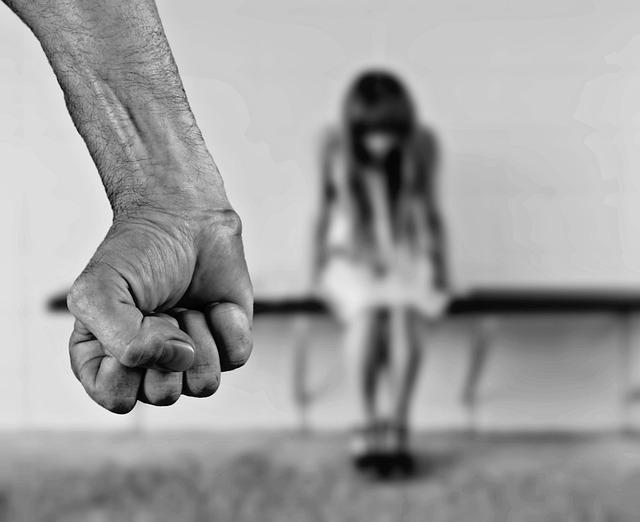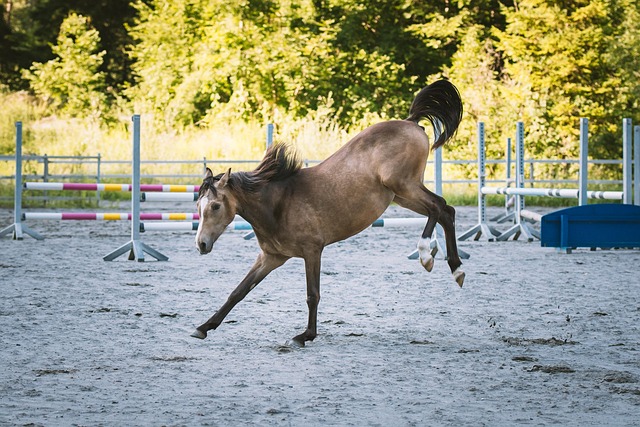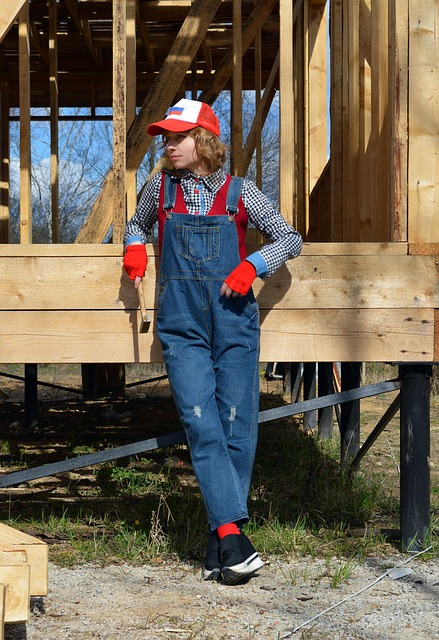Masters Ranch Abuse has profound impacts on survivors' well-being, affecting mental, emotional, and physical health. Recognizing unique survivor journeys is crucial for providing support. Specialized organizations offer counseling, group therapy, peer networks, 24/7 helplines, and online platforms to facilitate healing. Building a supportive community through trust, empathy, and understanding, with both in-person and online support groups, is vital. Education, awareness, and validation empower communities to promote recovery and personal growth for Masters Ranch Abuse survivors.
“Survivors of Masters Ranch abuse often face complex emotional trauma, requiring tailored resources for healing. This comprehensive guide explores three crucial steps towards recovery: understanding the unique impact of Masters Ranch Abuse, discovering support networks and therapy options specifically designed for survivors, and building safe, supportive communities to foster healing. By accessing these resources, individuals can begin their journey towards justice and holistic wellness.”
- Understanding the Impact of Masters Ranch Abuse
- Locating Support and Therapy Options for Survivors
- Building a Safe and Healing Community
Understanding the Impact of Masters Ranch Abuse

The experience of being a survivor of Masters Ranch Abuse is deeply personal and can have profound, long-lasting effects on an individual’s mental, emotional, and physical well-being. Understanding the impact of such abuse is crucial for effective support and healing. Many survivors may struggle with feelings of isolation, shame, and fear, often leading to anxiety, depression, or post-traumatic stress disorder (PTSD). The trauma caused by Masters Ranch Abuse can manifest in various ways, affecting one’s ability to trust, form relationships, and even perform day-to-day tasks.
Recognizing the impact involves acknowledging that each survivor’s journey is unique. Some may exhibit regressive behaviors or have difficulty setting boundaries, while others might engage in self-destructive patterns. By understanding these potential signs, support systems can better assist survivors in processing their experiences, rebuilding trust, and regaining a sense of safety. This process is essential for not only surviving but also thriving after the trauma of Masters Ranch Abuse.
Locating Support and Therapy Options for Survivors

Surviving Masters Ranch abuse can be a challenging journey, but there are resources available to offer support and therapy options tailored to those who have experienced such trauma. One crucial step is to reach out for help from specialized organizations dedicated to assisting survivors of institutional abuse. These groups often provide confidential services, including counseling, group therapy sessions, and peer support networks specifically designed to help individuals heal from their experiences at Masters Ranch. Many offer 24/7 helplines where survivors can receive immediate assistance and guidance on the next steps towards recovery.
Online platforms and community forums can also serve as valuable resources for finding like-minded individuals who have experienced similar traumas. These spaces foster a sense of belonging and provide opportunities to share stories, gain insights, and learn coping strategies from others who understand the complexities of Masters Ranch Abuse. Additionally, many cities and towns have local support groups that offer safe, non-judgmental environments where survivors can connect, process their experiences, and receive emotional backing on their path to healing.
Building a Safe and Healing Community

Building a safe and supportive community is an essential step for survivors of Masters Ranch abuse seeking healing and recovery. This process involves creating a network of trust, understanding, and empathy where individuals can share their experiences without fear of judgment or recrimination. It starts with finding like-minded people who have had similar traumatic experiences and fostering an environment that encourages open dialogue and emotional expression. Support groups, both in-person and online, play a crucial role in this by providing a space for survivors to connect, share resources, and offer moral support.
Community healing also extends beyond these formal settings. It involves cultivating safe spaces within daily life—be it at home, work, or local community centers—where individuals can feel seen, heard, and respected. This can be achieved through education and awareness campaigns that challenge the culture of silence often surrounding abuse and promote a culture of care and resilience. By collectively recognizing and validating the experiences of Masters Ranch abuse survivors, these communities become powerful catalysts for healing and personal growth.
Survivors of Masters Ranch abuse deserve accessible resources for healing and recovery. By understanding the profound impact of such experiences, we can ensure that support systems are in place to help them rebuild their lives. Locating specialized therapy options tailored to their needs, along with fostering safe, supportive communities, plays a crucial role in their journey towards healing. It’s important to remember that recovery is possible, and by providing resources, we empower survivors to break free from the past and create a brighter future.
